I was out riding a scooter from Changhua the hot springs resort town of Guanziling in rural Tainan when I noticed a rundown, seemingly abandoned building by the roadside in the mountains of Zhongpu, Chiayi. Stopping to investigate, I discovered a mínsù 民宿 (essentially a bed and breakfast) in the early stages of decay. Initially I had no luck finding out any information about this place but more recently I uncovered its formal name: Dòngzǐjiǎo Vanilla Garden Minsu 凍仔腳香草園民宿. Dongzijiao, apparently famous for its betel nut crop, is the name of the nearest village.
Although it is not the most spectacular of ruins I had some fun wandering around the property, observing all the ways in which nature is infiltrating this work of man. It was obvious from what I could see that this was not abandoned long ago—a hunch that proved correct when I found a calendar on the wall of a termite-infested cabin later on. Much more recently, having correctly identified the name of the place, I was able to establish that it was hosting guests as long ago as 2007 and was for sale by 2014. I also uncovered a bit of backstory: this minsu, leisure farm, and garden was opened by an older couple returning from New Zealand with a healthy appreciation for nature.
What I find most curious about abandonments in Taiwan is the fact that people regularly leave so much stuff behind. I understand that businesses close down—but it seems surprising to me how frequently I chance upon ruins that look as if someone just stepped out, however many years ago. It is unsettling to think that the people that once worked and stayed in this place simply vanished one day, dissipating into history, without making any effort to tidy up their earthly affairs. Even in the case of private residences of the deceased I have to wonder about friends and family. Did no one think to clean up? A relatively new television might not be especially valuable but it still works—and someone, somewhere, is buying one right now.
This particular place seemed to have been built and abandoned in the blink of an eye. Many ruins show some age—this place looks like it wasn’t open for more than a few years before circumstances conspired to return the site to the wild. Granted, it did not seem to be the most auspicious place for such a business, as most of the lodging in nearby Guānzilǐng 關子嶺 is found on the roads leading from the south and west, not the north. Apart from these buildings there really wasn’t anything else around except from betel nut plantations and country backroads.
I play a strange game of bingo anytime I step into an abandoned building in Taiwan. I look for objects related to the passage of time—generally just a calendar and a clock—somewhere in the ruins. It is a rare exploration where I do not see both of these time-keeping devices. If you have seen any of my other explorations you’ll see that it is a running theme of my work. I always wonder about the last time a human hand turned the page of a calendar, what unseen forces were at play when a clock finally stopped, what that final, frozen moment signifies. These things may be unknowable but it doesn’t stop my imagination from drifting free.
Urban exploration is a way of experiencing a hint of the post-apocalyptic, of what the world might be like after we are gone. To explore the abandonments is to step outside of everyday civilization into a fantasy world, a world without us, to confront the ephemerality of all things. We wander through the corridors of the past, the remnants of other people’s lives, of their dreams and ambitions unfulfilled. Though we will likely never see these strangers—except, perhaps, in photographs found in the ruins—we can relate to their human experience, to the unravelling of their dreams, to the ruins we now see. In doing so we have the opportunity for a kind of purification, a catharsis if you will, that leaves us more in touch with our own mortality.
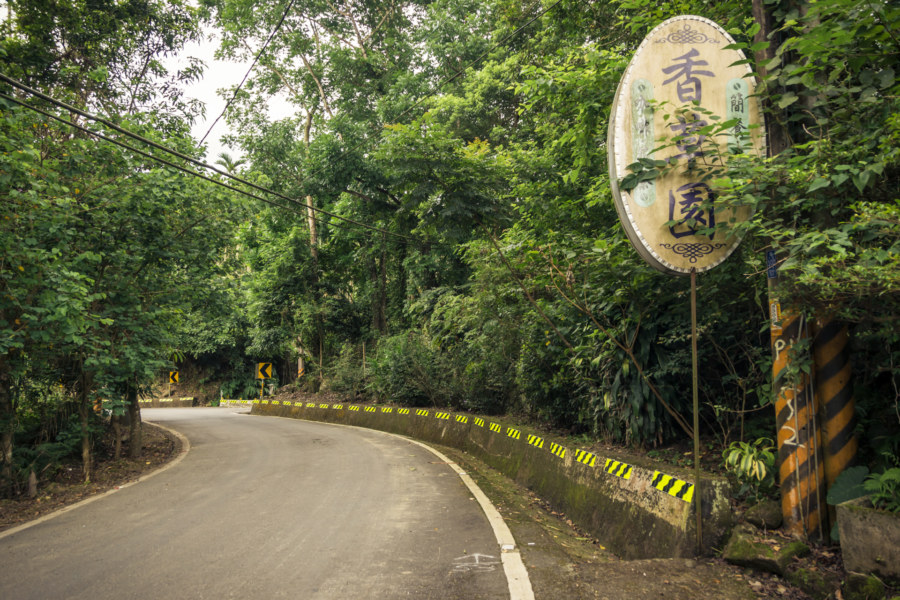
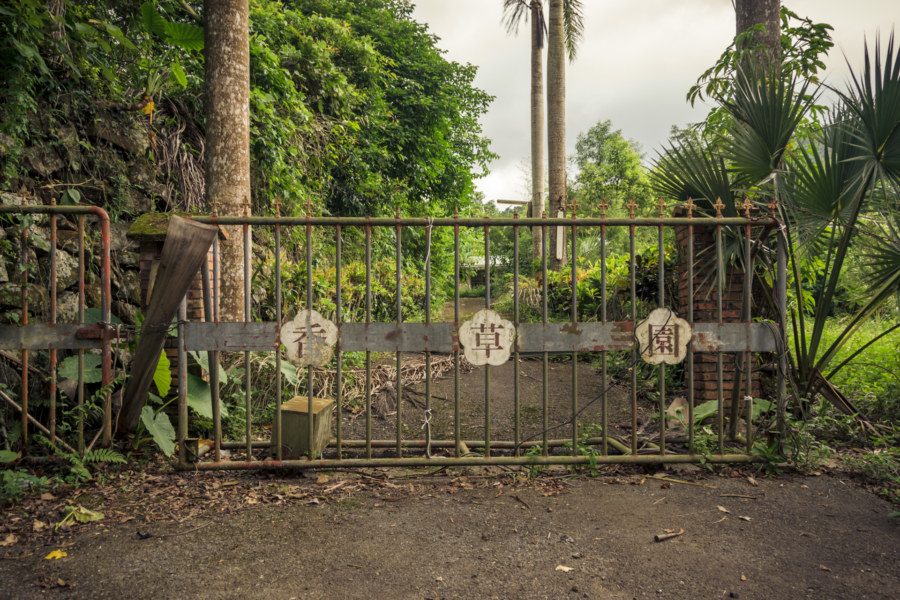
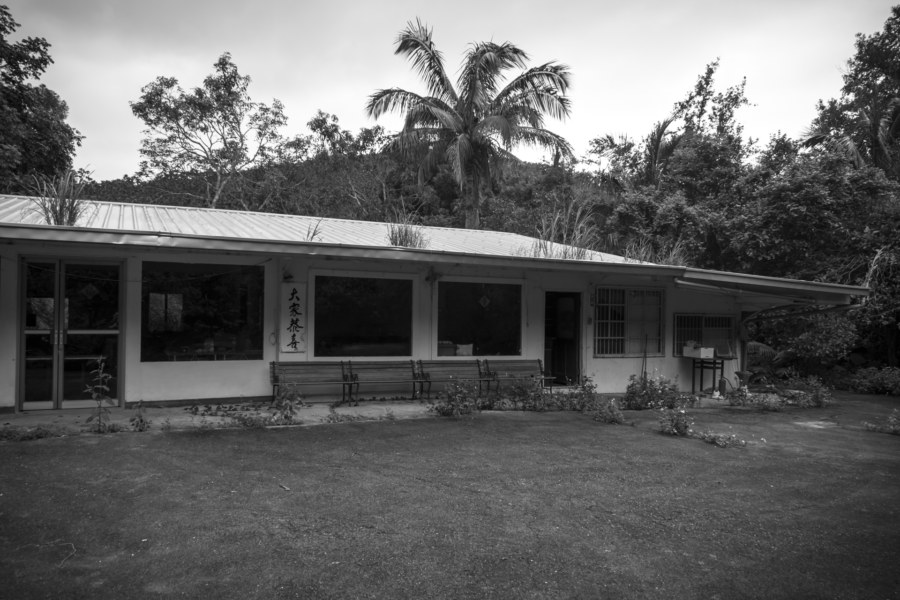
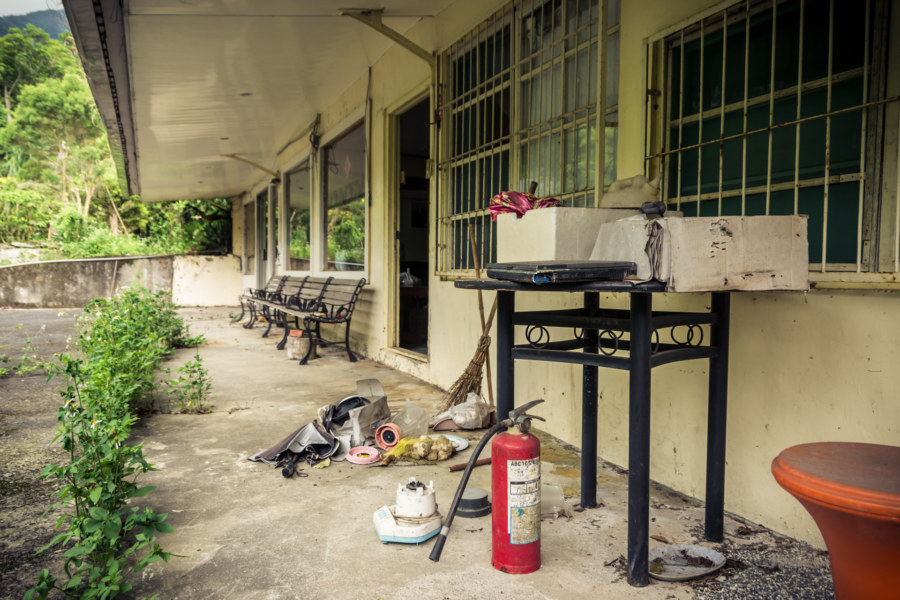

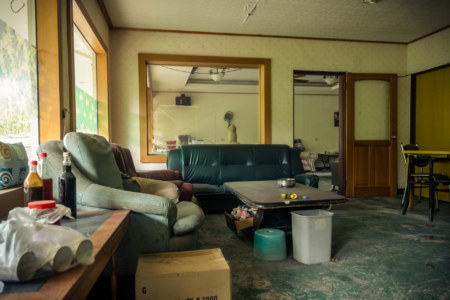
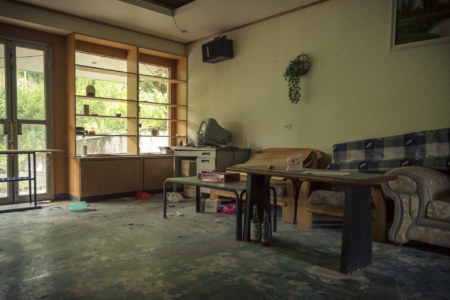
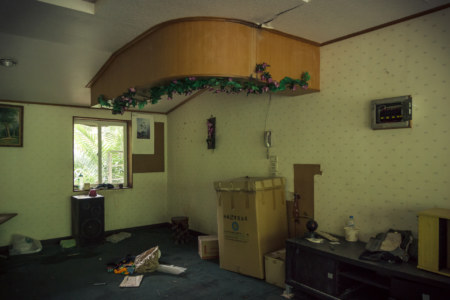
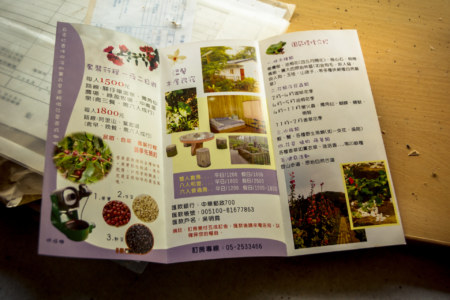
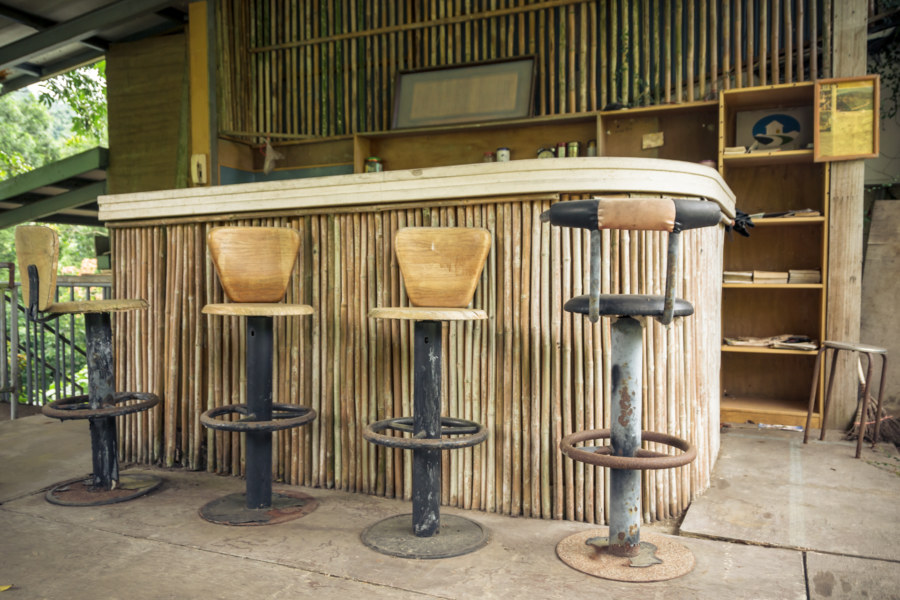
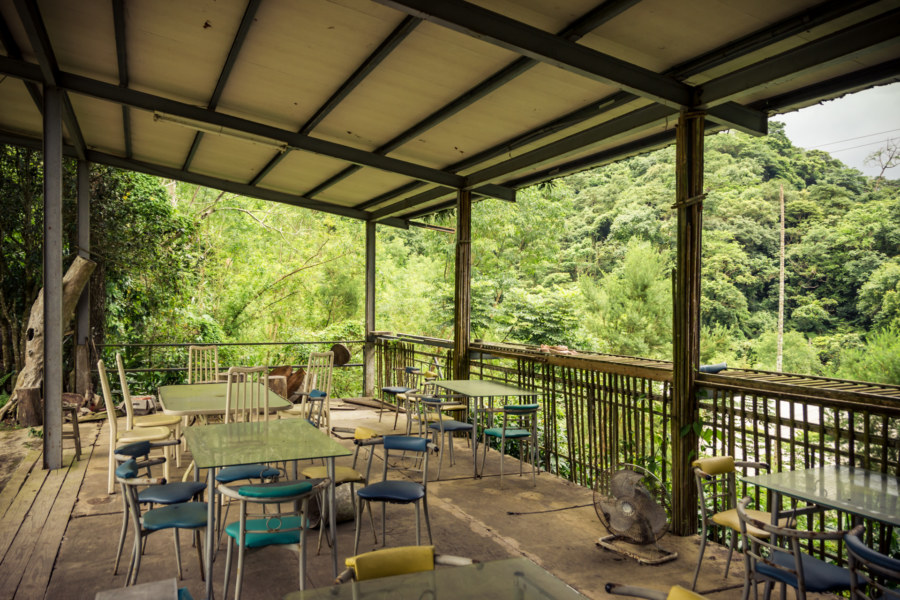
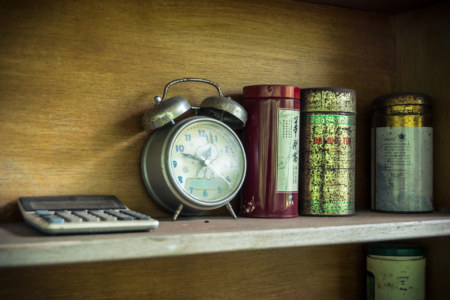
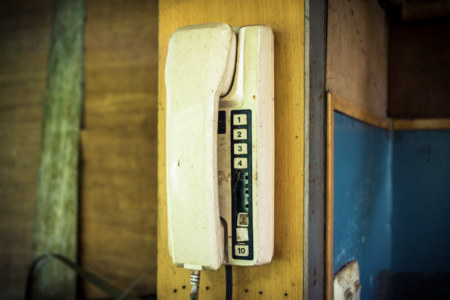
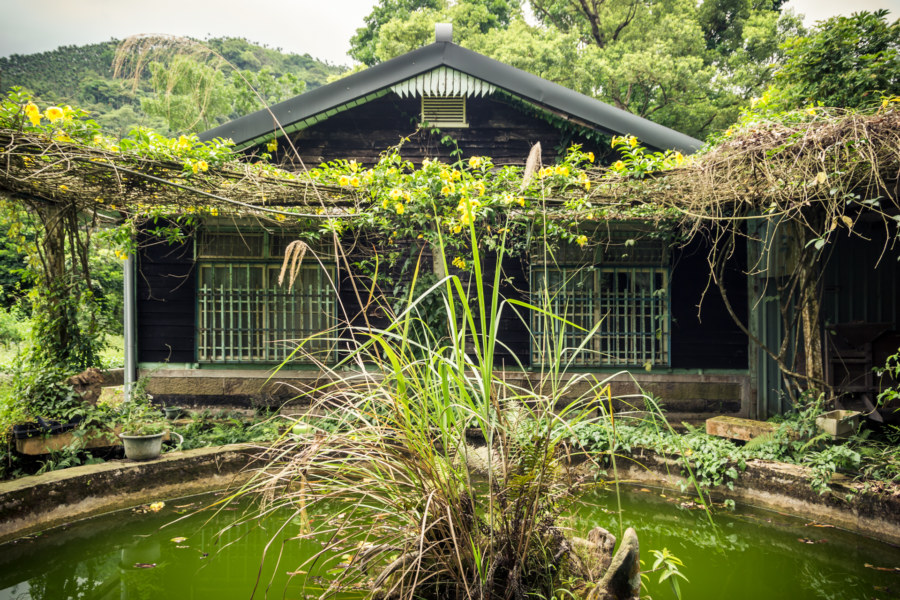
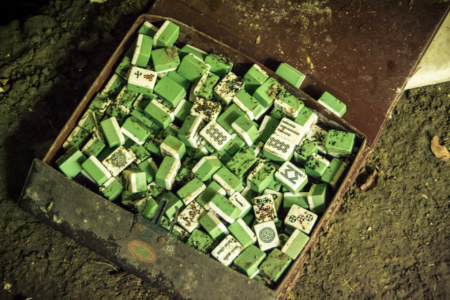
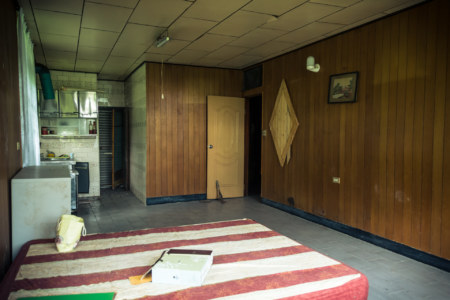
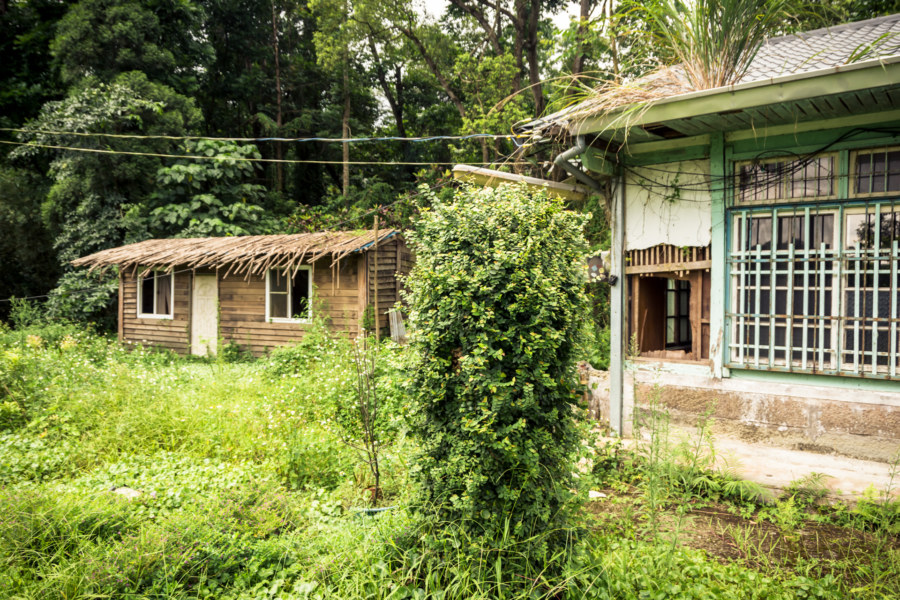
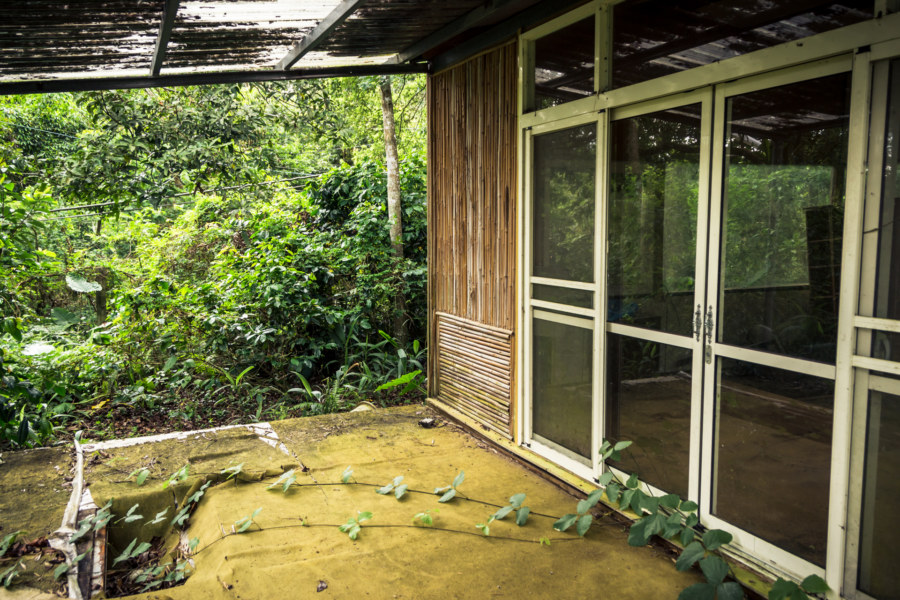
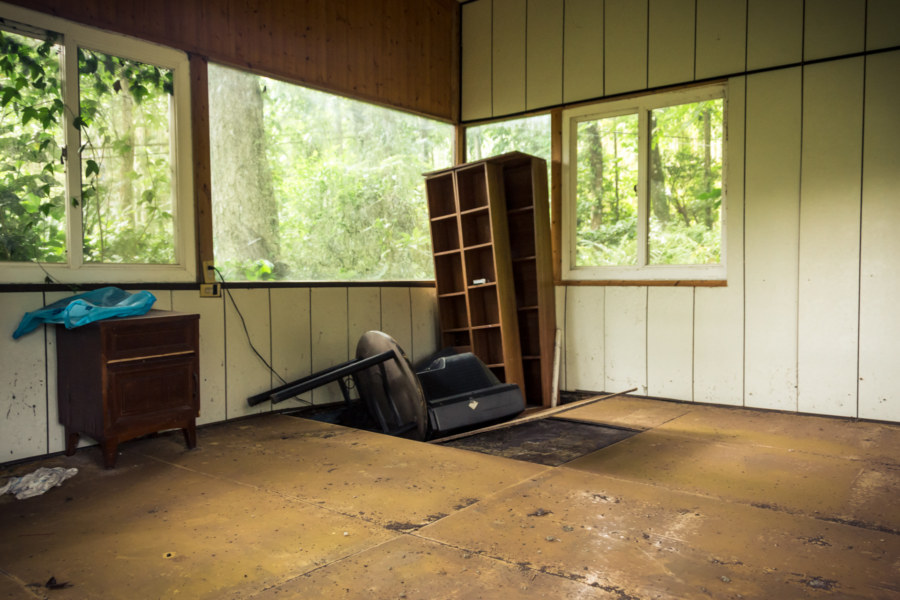
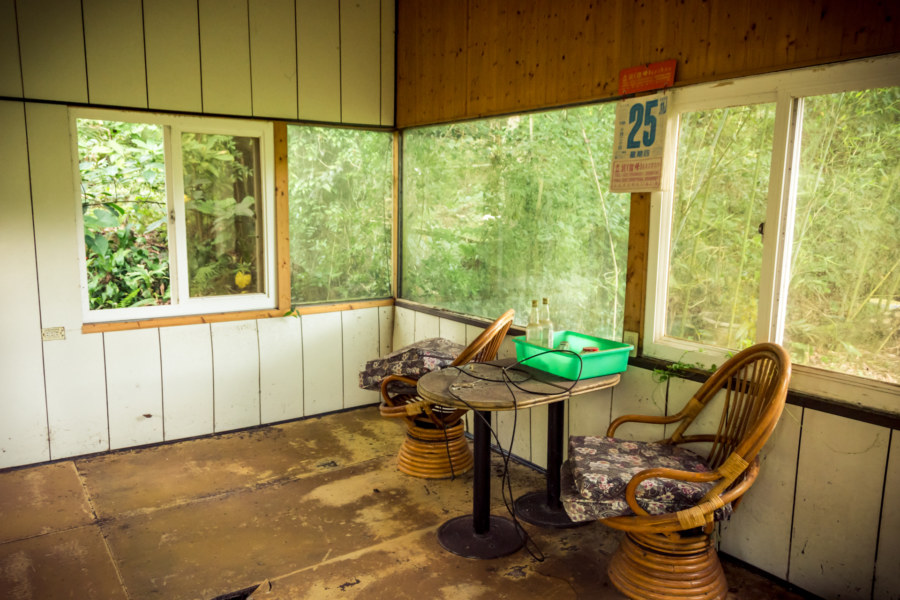
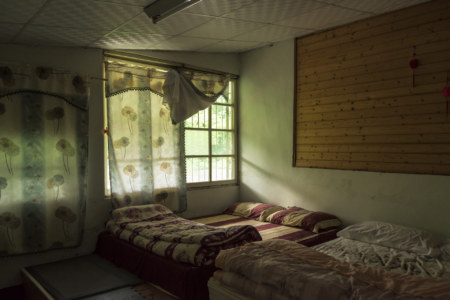
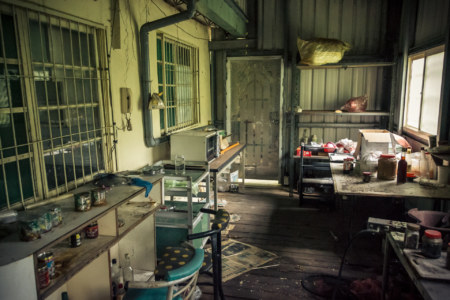
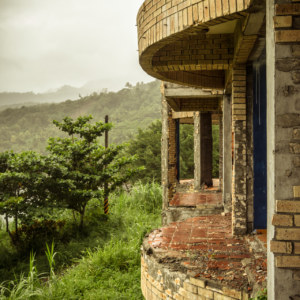
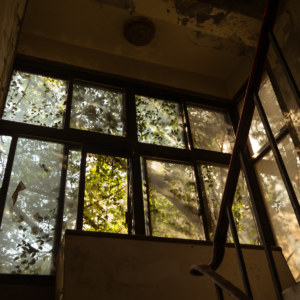
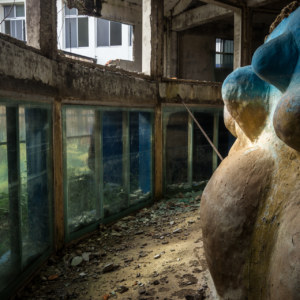
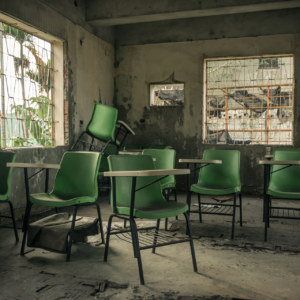
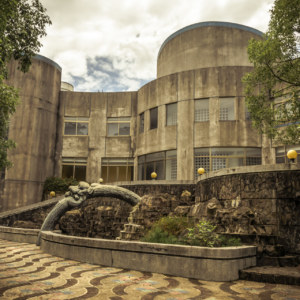
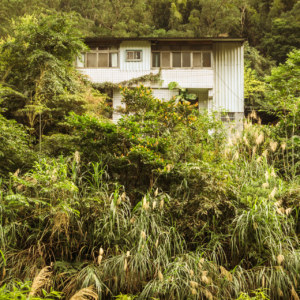
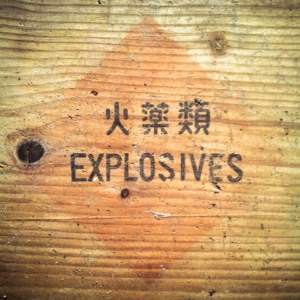
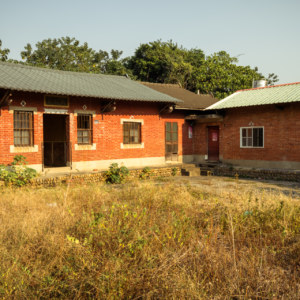
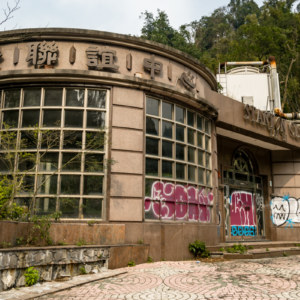
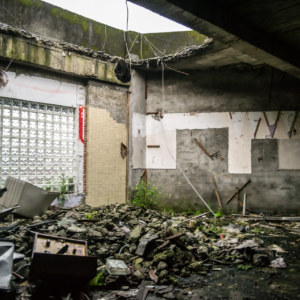
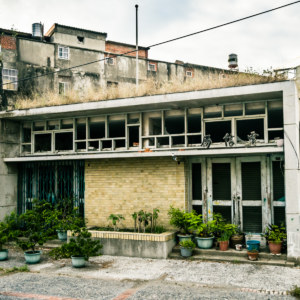
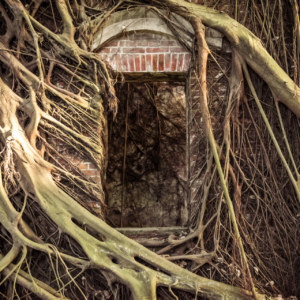
It should be 香草園. 香草 is vanilla or herb.
Thanks Orla, I don’t know how I missed that! It’s fixed now.
“I always wonder about the last time a human hand turned the page of a calendar, what unseen forces were at play when a clock finally stopped, what that final, frozen moment signifies.” This gave me a chill.
I also deliberately find mark of time at a space. You described these feelings I have, which I had trouble explaining, whenever I explore an abandoned structure and I see a calendar, a clock, and other objects marked with time ( expiration dates on packages, files, documents etc). That feeling is like a strong feeling for time and space. It’s almost like time traveling. Thank you for sharing.